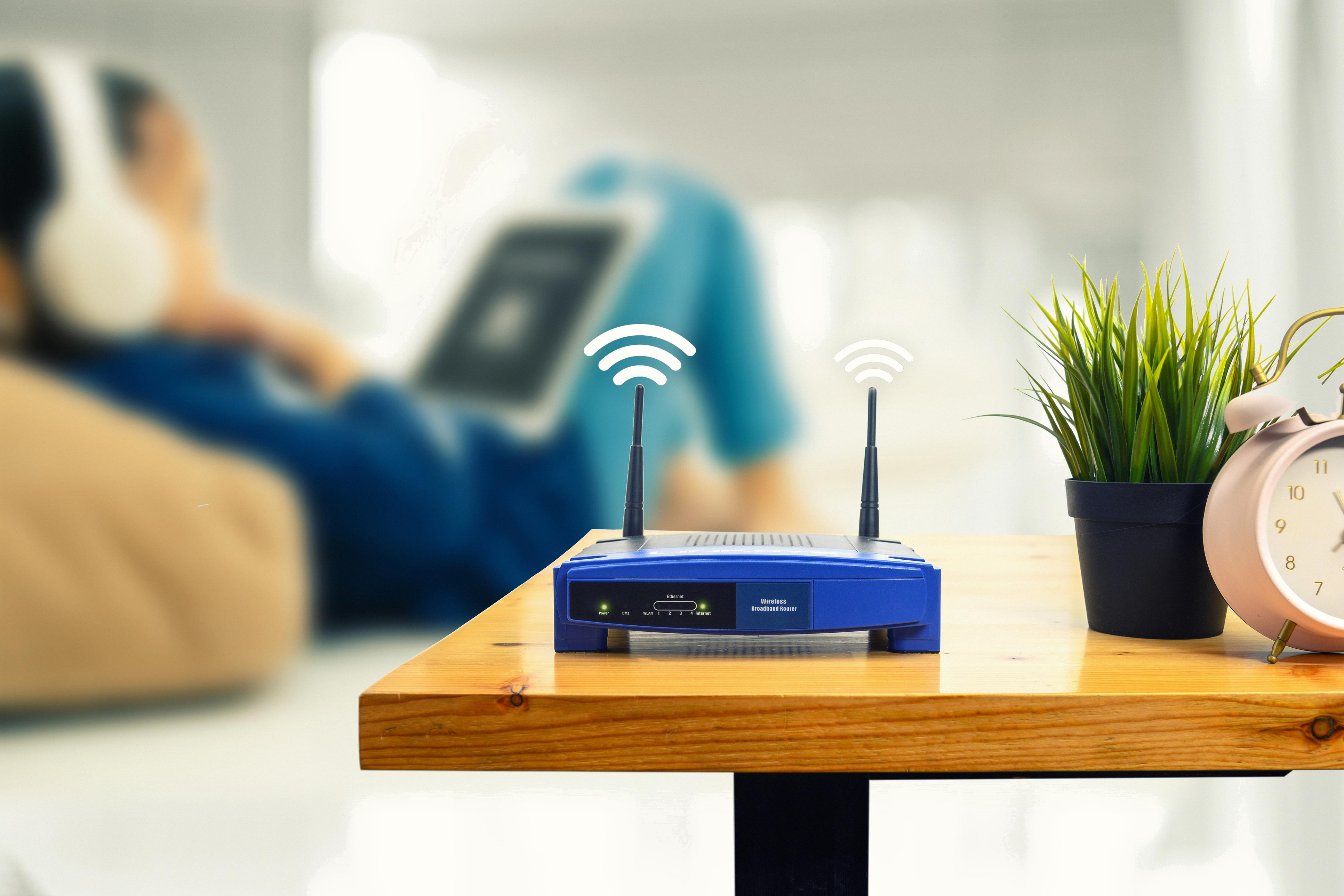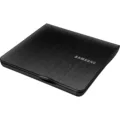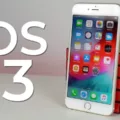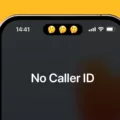The internet has become an essential part of our lives. From browsing the web to streaming movies and working remotely, we rely on the internet to stay connected and productive. However, not everyone has access to a traditional internet service provider (ISP) or can afford the high costs associated with it. In this article, we’ll explore alternative ways to get internet without a provider.
Public Wi-Fi Spots:
One common way to get free internet is by using public Wi-Fi spots. These are usually found in cafes, libraries, and other public spaces. While convenient, public Wi-Fi can be slow and unreliable, and there is always a risk of security breaches.
Hourly Wi-Fi at Hotspots:
Another option is to pay for hourly Wi-Fi at hotspots. This is a good option if you only need internet access for a short period of time. However, it can be expensive in the long run.
Purchasing a Hotspot:
A hotspot is a device that allows you to connect to the internet using cellular data. These devices can be purchased from mobile providers and can provide internet access to multiple devices. However, they can be expensive to purchase and require a monthly data plan.
FCC Lifeline Program:
The FCC Lifeline program is a government initiative that provides reduced-cost or even no-cost internet access to eligible households. To check your eligibility and apply for the program, visit the Lifeline Support site.
Modem and Router:
Most ISPs allow you to purchase your own modem and router separately, or a device that contains both. This can save you money in the long run and give you more control over your internet connection.
Fixed-Wireless, Mobile Wireless Internet, or Satellite Internet:
If your home isn’t wired for cable or phone, you can still get internet with fixed-wireless, mobile wireless internet (4G LTE), or satellite internet. These options can be more expensive than traditional ISPs, but they may be the only option for some rural areas.
DSL Internet:
If your home is wired for landline phone service, you can also get DSL internet and still choose not to get landline phone service. DSL internet is generally slower than cable or fiber internet, but it can still provide a reliable connection.
There are several ways to get internet without a provider, from public Wi-Fi spots to government programs and purchasing your own equipment. However, it’s important to consider the cost and reliability of these options before committing to them. By exploring different options, you can find the best solution for your needs and budget.
Is It Possible To Get Internet Without A Service Provider?
It is possible to get internet without a traditional service provider. There are a few options available for those who want to access the internet without signing up for a service plan with a provider.
One option is to use free public Wi-Fi hotspots that are available in many public places such as coffee shops, libraries, and airports. However, it is important to be aware of the security risks associated with usng public Wi-Fi, as your personal information may be vulnerable to hackers.
Another option is to pay for hourly Wi-Fi at hotspots, which can be found in many public areas as well as some hotels and airports. This can be a good option for those who only need internet access on a temporary basis.
A third option is to purchase a hotspot from a mobile provider. A hotspot is a small device that creates a Wi-Fi network and connects to the internet using a cellular network. This can be a good option for those who need internet access on the go, or for those who do not have access to traditional internet service providers in their area.
While it is possible to get internet without a traditional service provider, it is important to consider the security risks and limitations of each option before making a decision.

How Can I Get Free Internet Without A Service Provider?
Getting free internet without a service provider may seem impossible, but there are a few ways to access the internet without paying for a traditional service. Here are some options:
1. Public Wi-Fi: Many public places such as libraries, cafes, and parks offer free Wi-Fi access. You can connect to these networks using your device and access the internet without a service provider.
2. Tethering: If you have a smartphone with a data plan, you can use it as a hotspot and connect your other devices to it. This will alow you to access the internet without a service provider, but keep in mind that it may use up your data plan quickly.
3. Free ISP: Some internet service providers offer free internet access to low-income households. You can check with your local ISPs to see if they offer this service.
4. Wi-Fi sharing: If you have a neighbor or friend who has an internet connection, you can ask them to share their Wi-Fi with you. This can be done by using a Wi-Fi extender or a router that supports Wi-Fi sharing.
Keep in mind that these options may not provide the same level of speed and reliability as a traditional internet service provider. Additionally, some of these methods may be illegal or violate the terms of service of your ISP, so be sure to check local regulations and guidelines before attempting them.
Can You Buy A Wi-Fi Router Without A Provider?
You can buy a Wi-Fi router without a provider. In fact, many Internet providers allow you to purchase your own router separately or rent one from them for a monthly fee. By purchasing your own router, you have more control over your network and can choose a device that fits your specific needs and budget. However, it’s important to note that a router alone does not provide Internet access. You will still need to subscribe to an Internet service provider to connect your router to the Internet.
How Can I Get Wi-Fi At Home Without Cable?
There are several options available to get Wi-Fi at home without cable. Some of the options are:
1. Fixed-wireless internet: This type of internet service uses radio waves to transmit data from a fixed location to your home. It requires a small antenna installed on your roof or outside your home to receive the signal. This option is ideal for rural areas where cable or DSL internet is not available.
2. Mobile wireless internet: Mobile wireless internet uses cellular networks to povide internet service to your home. You can use a mobile hotspot device or a dedicated router that connects to a cellular network to access the internet. This option is suitable for people who are always on the go and need internet access outside their home.
3. Satellite internet: This type of internet service uses a satellite dish to transmit and receive data to and from your home. It requires a clear line of sight to the satellite and a dish installed on your roof or outside your home. This option is ideal for people who live in remote areas where other options are not available.
4. DSL internet: If your home is wired for landline phone service, you can get DSL internet even if you choose not to get landline phone service. DSL internet uses existing phone lines to provide internet service to your home. This option is suitable for people who want a reliable and affordable internet service.
There are several options available to get Wi-Fi at home without cable, including fixed-wireless internet, mobile wireless internet, satellite internet, and DSL internet.
Conclusion
The internet has become an essential part of our daily lives. It povides us with endless opportunities for communication, education, entertainment, and business. With various options available, getting a Wi-Fi internet connection has never been easier. Whether it’s through a public Wi-Fi spot, a hotspot from a mobile provider, or a government program such as the FCC Lifeline program, there is something for everyone. Additionally, internet providers offer different types of connections, including fixed-wireless, mobile wireless internet, satellite internet, and DSL internet. With all of these options available, it’s important to choose the one that best fits your needs and budget. The internet has the power to connect us all, and it’s up to us to make the most out of it.








